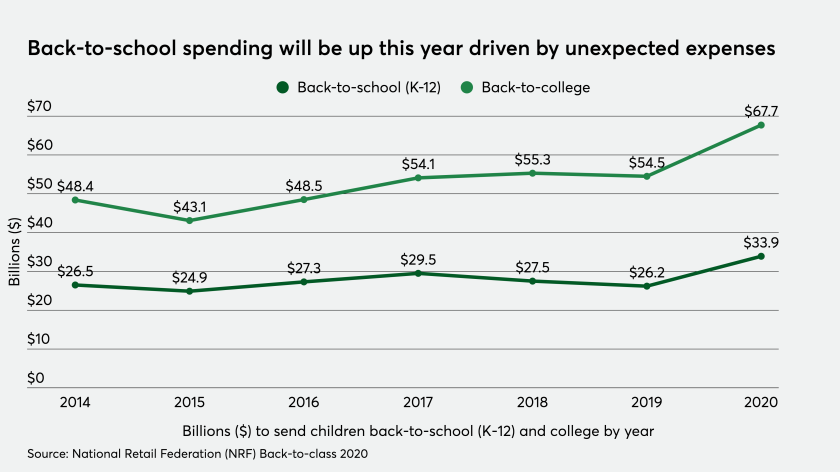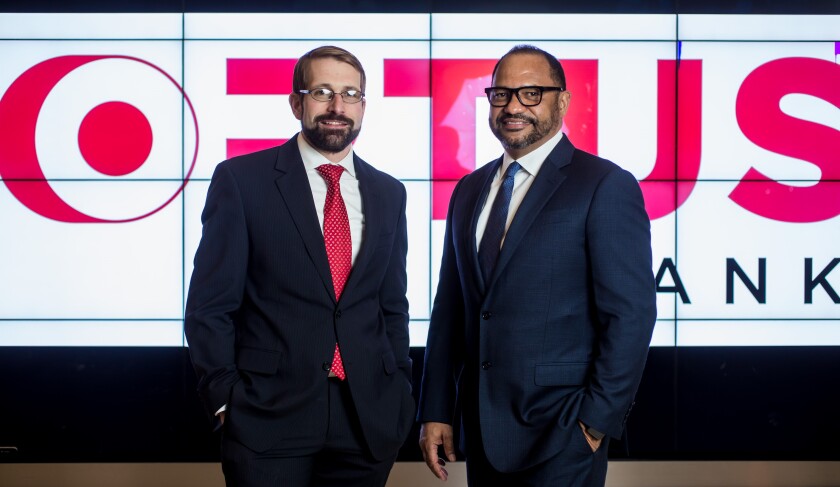With consumers and merchants alike sharing the need to be paid faster, the case for adopting real-time payments globally has quickly advanced during the COVID-19 pandemic.
One thing that many parents are finding unusual this year is the amount of money being spent on school supplies during the coronavirus crisis — it’s actually going up.
If the mega payments deals of 2019 left the acquiring landscape somewhat scorched, the COVID-19 pandemic planted new seeds to allow ISOs to grow by quickly converting merchants to electronic payments.
"It's on-demand capital for us," Optus Bank's CEO says of the payment company's deposit. The funds are part of PayPal's broader effort to confront race and income inequality.
Various efforts to limit cash were in motion well before the global health crisis, but merchant and consumer digital money habits being built during the pandemic will carry on for many years, thus leaving cash sidelined in many purchasing scenarios.
Amid the economic and health wreckage the COVID-19 global pandemic has created, payments have stepped to the forefront in a way that has allowed banks, merchants and consumers to not only continue to do business, but also to increase communication.
The COVID-19 pandemic has teed up a growth opportunity for the buy now, pay later (BNPL) financial industry, as recession worries made people receptive to entering short-term payment plans that can fit in a budget.
7-Eleven’s not a quick serve restaurant chain or an e-commerce marketplace, but it still found substantial use for its app as a way to quickly address the health worries of its customers.
Now that the U.S. is five months into the COVID crisis a new victim is emerging. Caught between small businesses furloughing their staff landlords needing to collect rent are millions of hourly workers.
The coronavirus outbreak initially looked like it might torpedo U.K.-based Paysafe’s plan to expand in the U.S. in 2020. But several months into the pandemic, the payments conglomerate sees ways it can grow by helping bruised small businesses retool operations.















